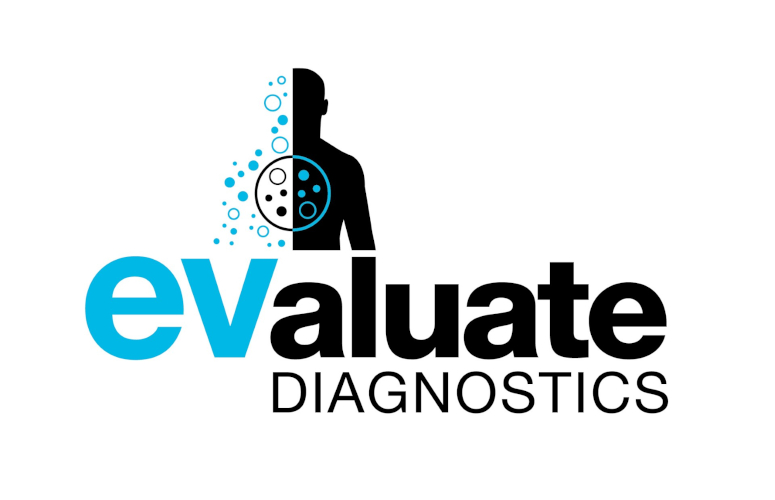
New Jersey Equal Pay Legislation: Combatting Workplace Harassment and Discrimination
On Oct 2, 2023In the ever-evolving landscape of employment laws and regulations, New Jersey has consistently been at the forefront of ensuring fair treatment for workers. While the “Diane B. Allen Equal Pay Act” signed into law by Governor Phil Murphy in 2018 is primarily known for addressing wage disparities, its impact on workplace harassment and discrimination cannot be overlooked. As we delve into the present day, it’s essential to revisit and understand this groundbreaking act and its multifaceted implications.
Who Does this Apply to?
The Diane B. Allen Equal Pay Act casts a wide net, encompassing all private and public employers in New Jersey. This includes a diverse range of businesses, from small startups to large corporations, and government entities. Regardless of the size or nature of your organization, compliance with this act is mandatory.
What Does the Law Require?
While the primary focus of this legislation is equal pay, its significance in combating workplace harassment and discrimination cannot be understated. The act fundamentally prohibits pay or benefits discrimination against members of protected classes, including women and minorities, in the workplace. It zeros in on situations where employees are performing “substantially similar work.”
This means that if two employees, regardless of their gender or ethnicity, perform similar job tasks and responsibilities, they should be compensated equally. By ensuring equal pay for equal work, the act addresses a fundamental aspect of workplace discrimination – pay disparities based on gender, race, or other protected characteristics.
Employers who offer lower pay or benefits to individuals belonging to a protected class are required to provide a legitimate reason for these differences. Factors such as experience, training, productivity, or education can serve as valid justifications. However, it’s not enough to claim these reasons; employers must demonstrate that these factors are not disproportionately affecting employees belonging to protected classes.
The act also extends the statute of limitations for potential violations, giving employees who believe they have been subjected to pay discrimination a generous six years to seek back-pay remedies. Moreover, employers found guilty of violating these standards may be subject to treble damages, providing a strong incentive for equitable pay practices.
Protection Against Retaliation
Crucially, the Diane B. Allen Equal Pay Act includes robust protection against retaliation. This protection ensures that employees who assert their rights under the act feel safe and secure. Employers are prohibited from retaliating against workers who seek legal counsel or discuss compensation-related matters with government agencies or fellow employees. This safeguard is vital in maintaining a culture of transparency and accountability within organizations.
Adapting to the Present Day
As we navigate the complexities of the present day, the Diane B. Allen Equal Pay Act remains a vital tool in combating workplace harassment and discrimination. Several factors and trends underscore its continued relevance:
1. Increased Public Awareness: In recent years, issues related to workplace harassment and discrimination have gained significant public attention. Movements like #MeToo have empowered employees to speak out against mistreatment. Employers must not only comply with the law but also stay attuned to the expectations and values of their workforce.
2. Remote Work and the Gig Economy: The work landscape has evolved substantially since 2018. The rise of remote work and the gig economy has introduced new challenges and opportunities in addressing workplace harassment and discrimination. Employers must adapt their policies to address these changes effectively.
3. Data-Driven Decision-Making: The collection and analysis of workforce data have become integral in identifying and addressing issues related to workplace harassment and discrimination. Employers should invest in robust data analytics tools to proactively identify and rectify any potential problems.
4. Diversity, Equity, and Inclusion Initiatives: Many organizations have embraced diversity, equity, and inclusion (DEI) initiatives to combat workplace harassment and discrimination. These initiatives align with the principles of equal pay and create a more inclusive work environment.
5. Continual Legal Updates: Employment laws are subject to change. Employers must stay informed about any amendments or additional legislation related to equal pay and workplace harassment and discrimination. Closely related to above-described Equal Pay Act considerations, are a variety of recent laws and regulations that have passed impacting Employers. As of August 5, 2023, New Jersey’s Temporary Workers Bill of Rights law that extends equal pay obligations to temporary workers has also come into effect. That law requires that covered temporary workers be paid no less than the average rate of pay and average cost of benefits for direct employees performing substantially similar work with similar skills. Notably this applies to not only temporary workers assigned to work in New Jersey, but also temporary workers who have a primary residence in New Jersey, but have been assigned to work outside of New Jersey. Additionally, Equal Pay considerations are likely to be heightened by the recent trend towards pay transparency laws being implemented across the tri-state area, including in Jersey City, New York City, and coming into effect statewide in New York starting on September 17, 2023. While proposed New Jersey statewide legislation on this issue has not yet been passed, Employers should be aware that wage comparisons from employees in other states can be considered in evaluating Equal Pay Act claims in New Jersey. Employers should monitor this emerging trend which would further raise attention to any pay disparities that might exist in the workplace. A proactive approach can help avoid legal pitfalls and maintain a fair and respectful workplace.
The Diane B. Allen Equal Pay Act is crucial in New Jersey’s quest for pay equity, tackling workplace harassment and discrimination. Employers should follow the law and embrace evolving fairness and equality standards to foster a workplace aligned with modern values of inclusivity and respect.
Disclaimer: Sponsored content articles do not reflect the opinions of New Jersey Business Magazine or the New Jersey Business & Industry Association.
Related Articles:





